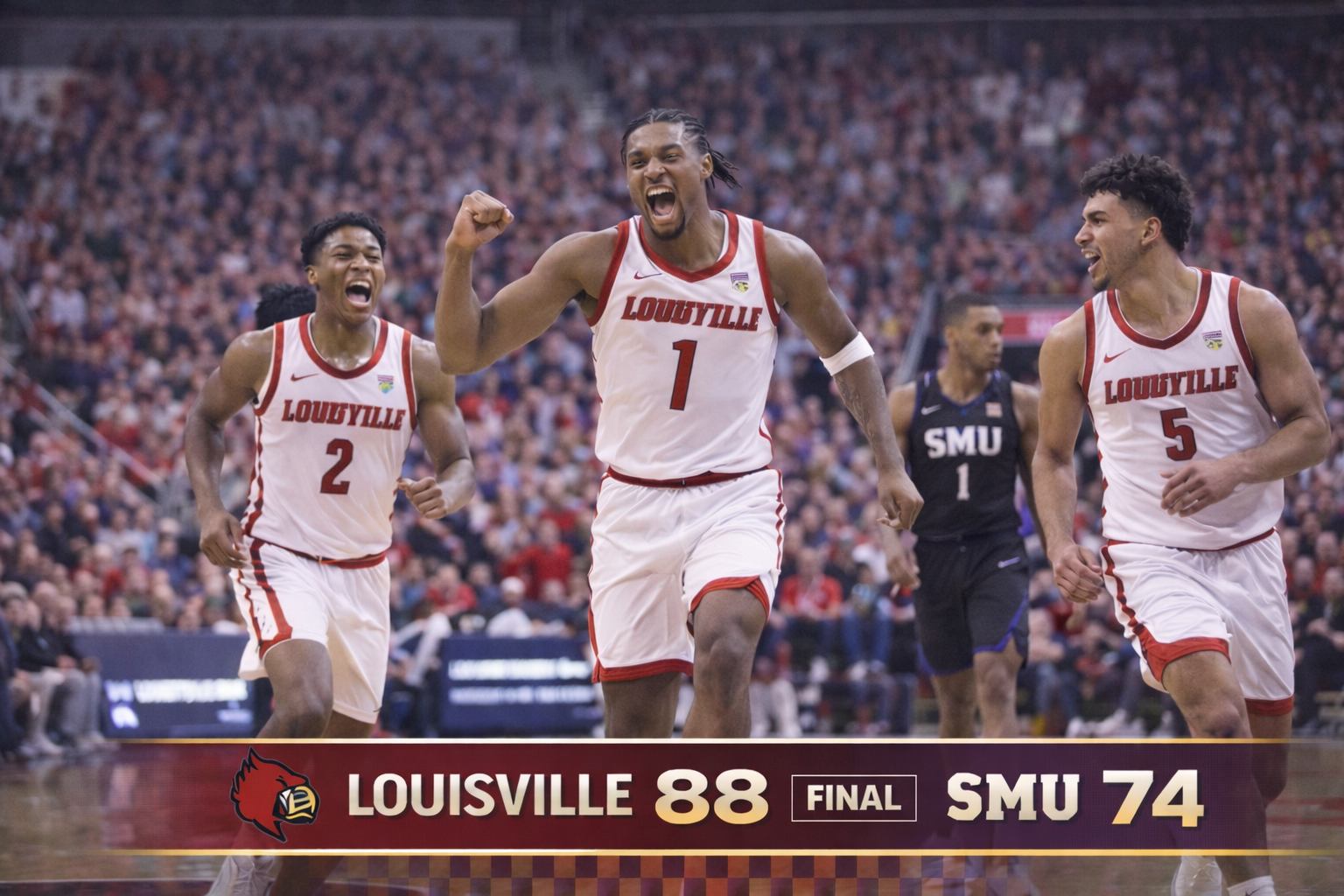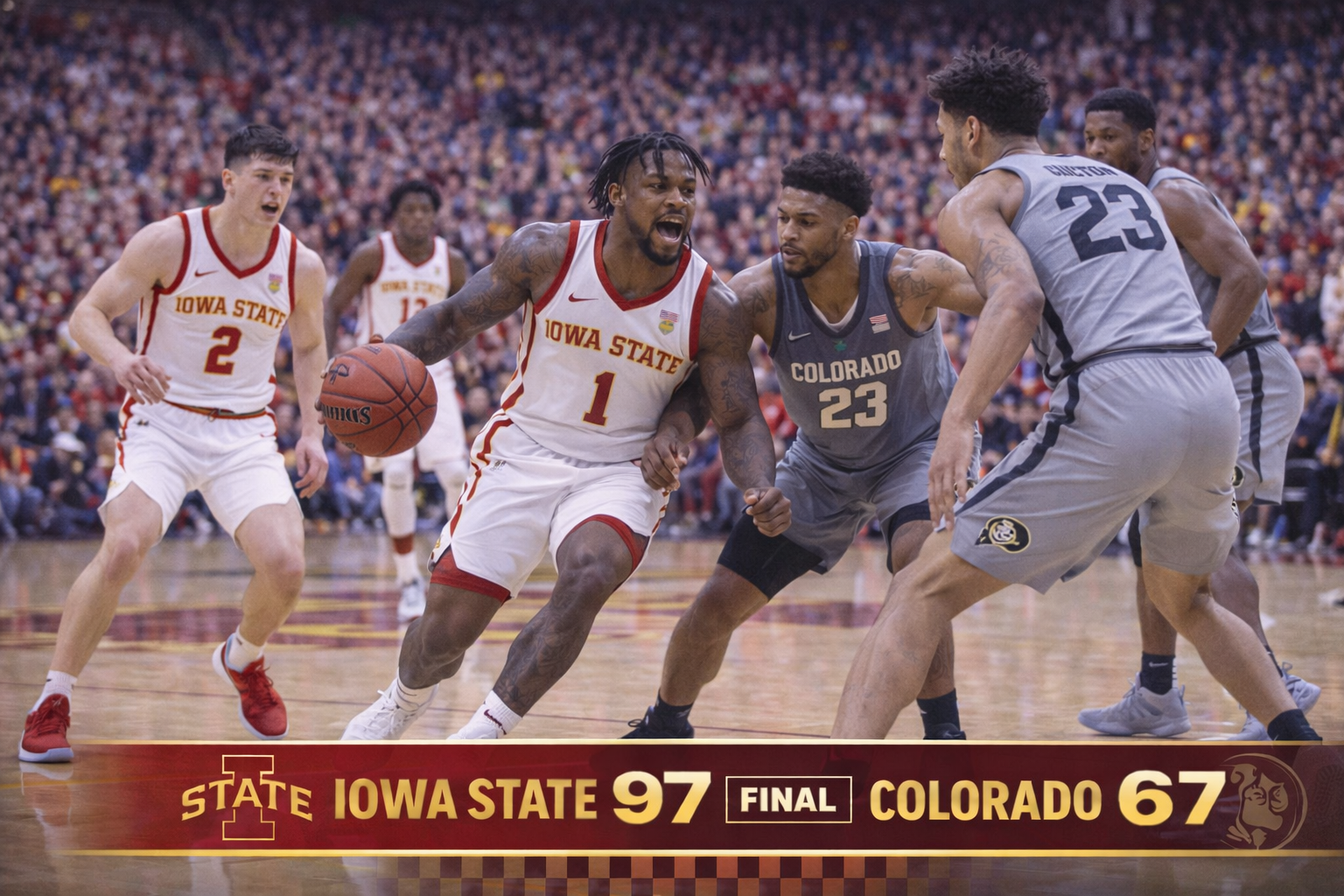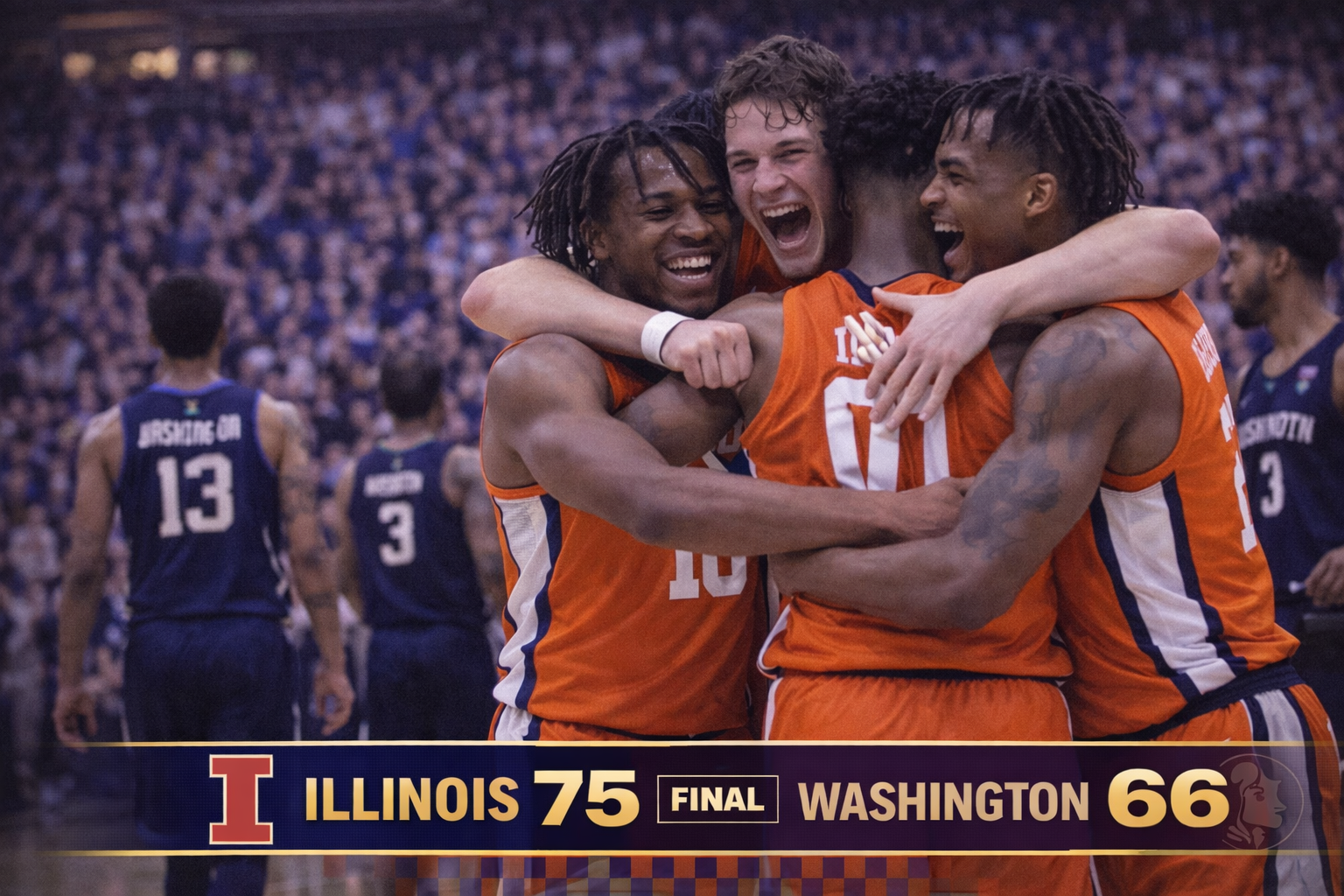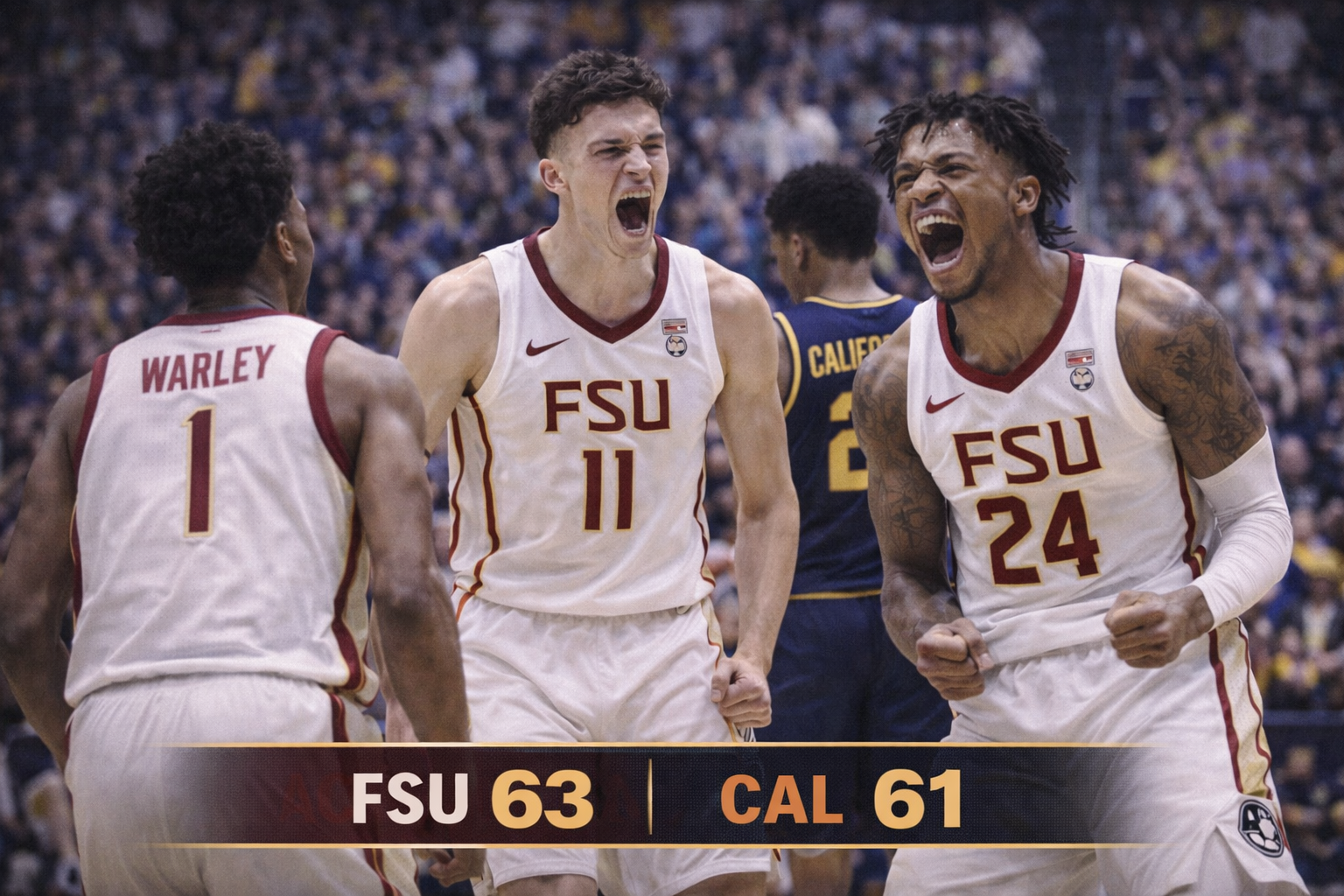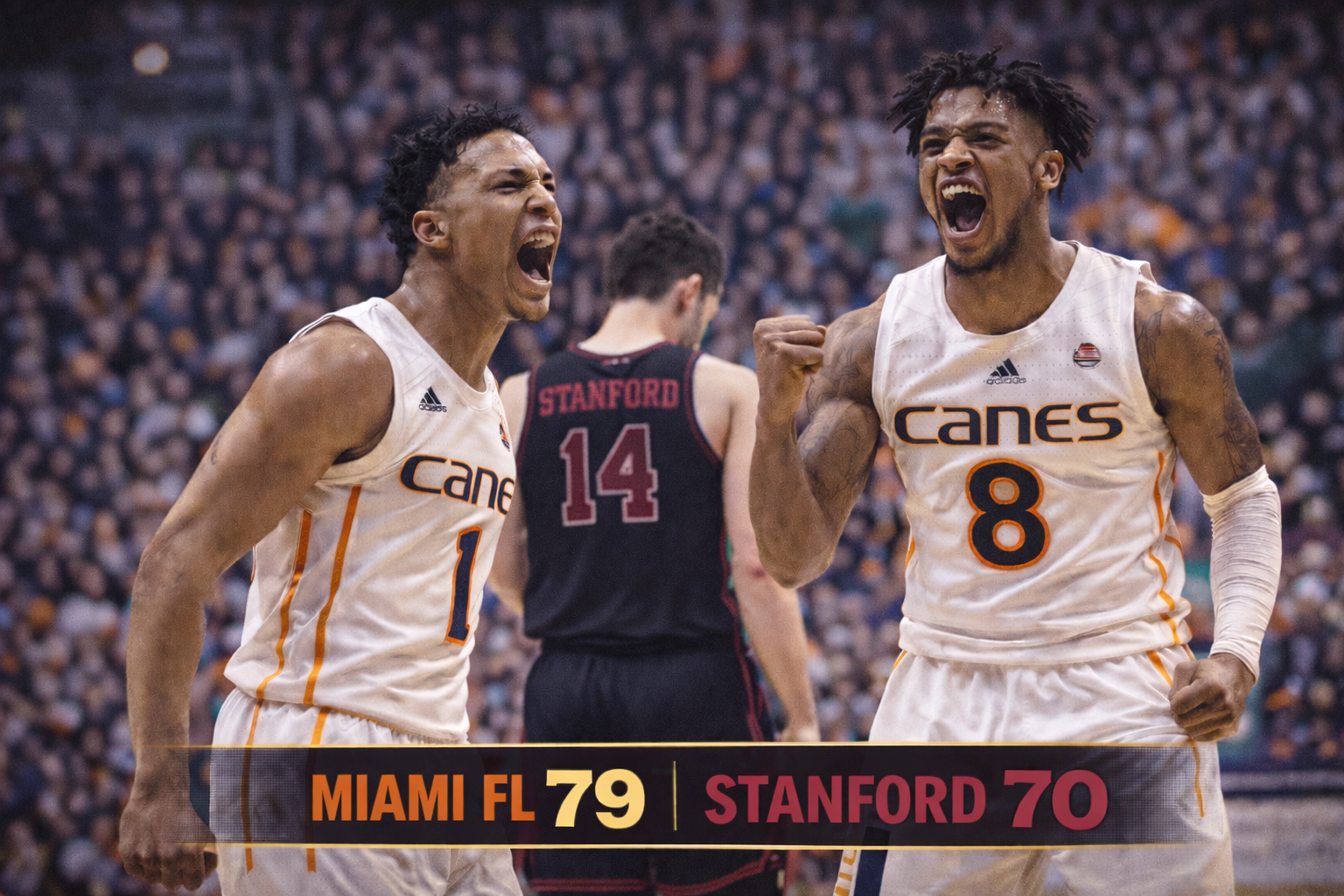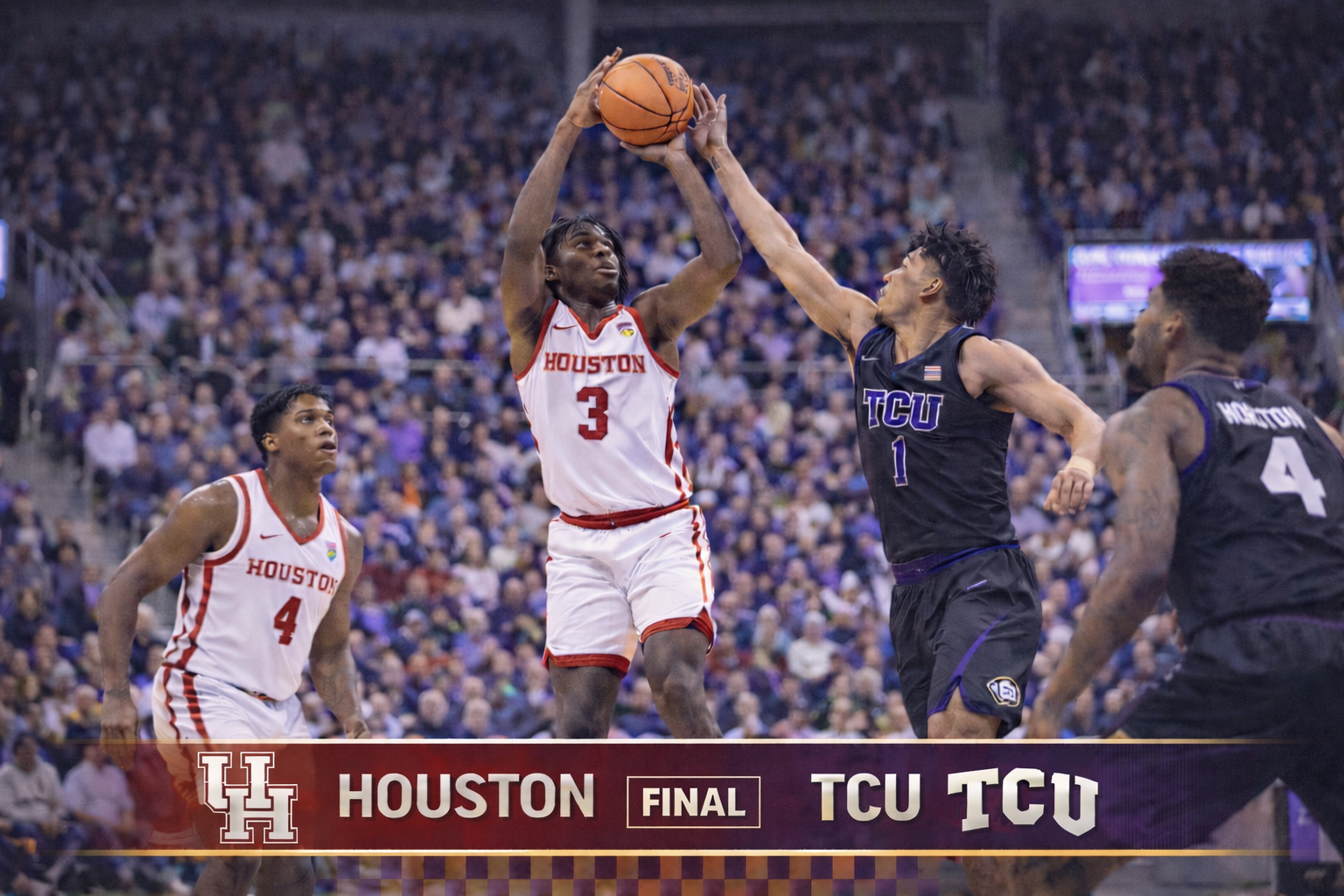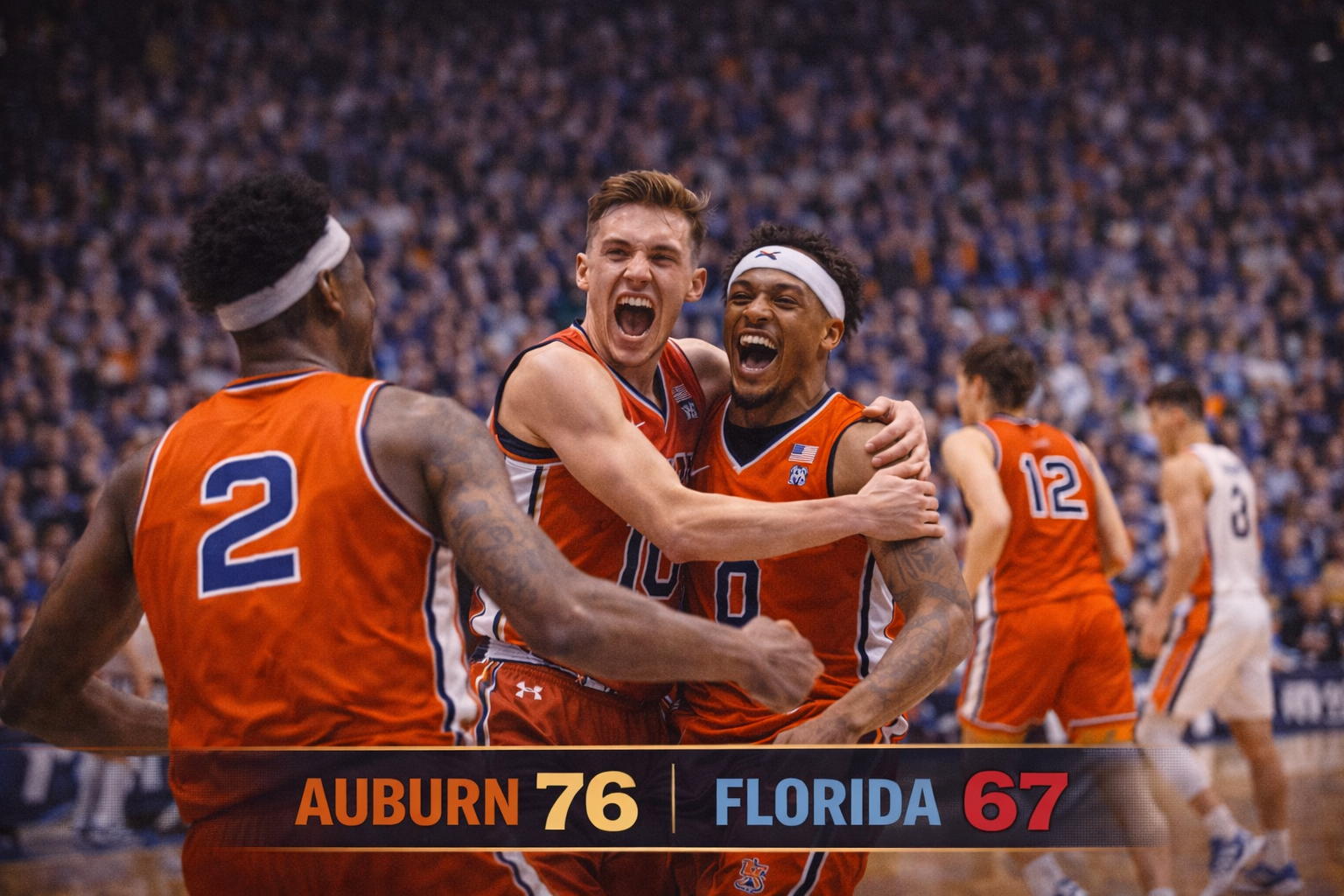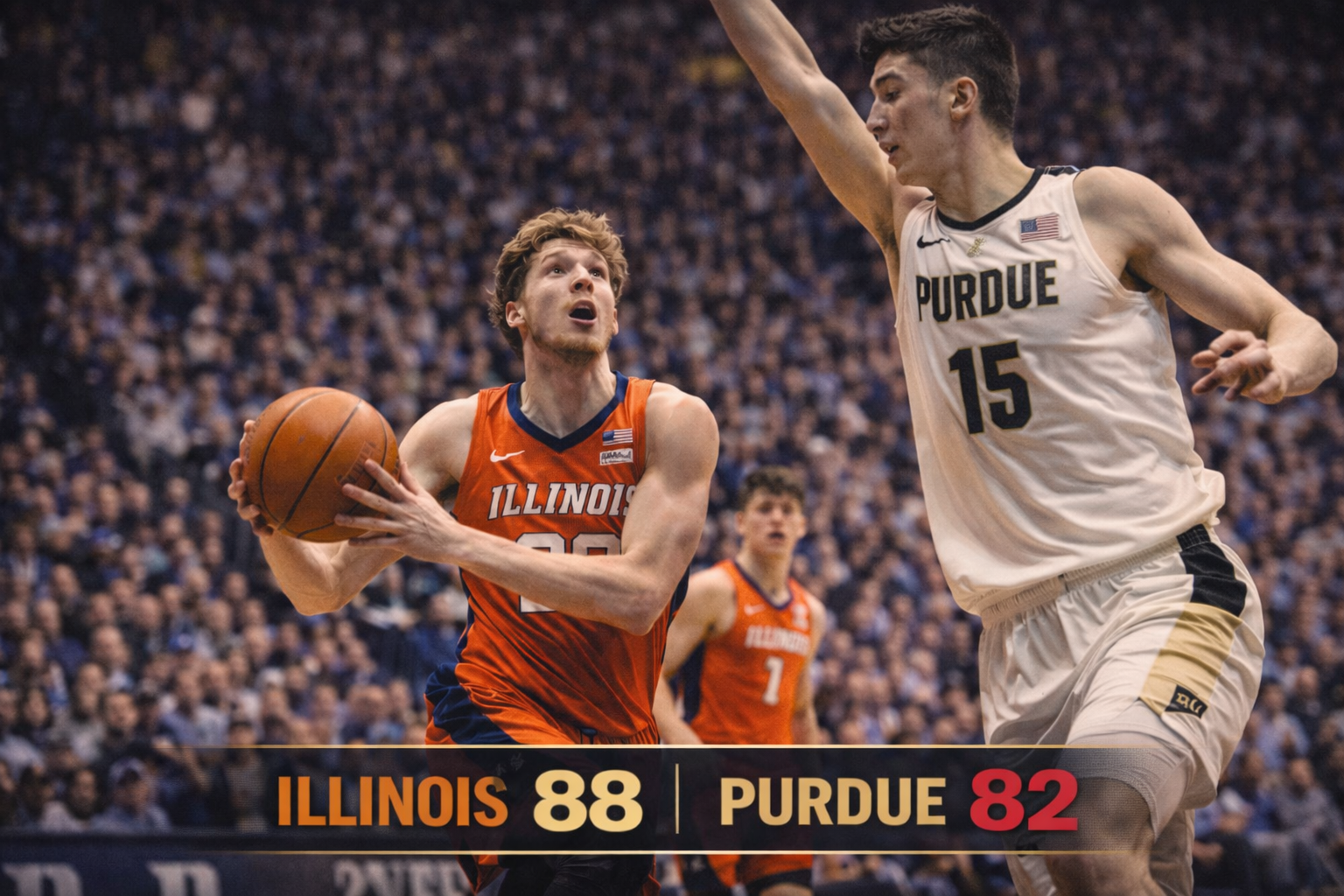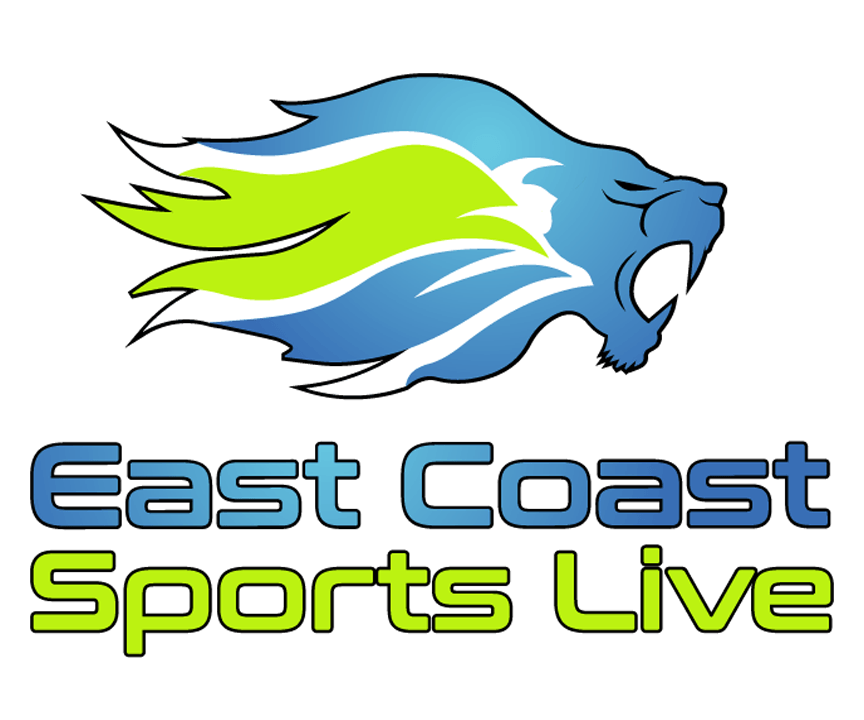Cooper Flagg's NIL Earnings at Duke Set Historic Benchmark for College Athletes
The Duke Phenom Secures $28 Million in One Season, Redefining the Value of College Athletics
In a groundbreaking example of the growing power of name, image, and likeness (NIL) deals, Duke basketball sensation Cooper Flagg earned a staggering $28 million during his single season in college. The revelation not only cements his status as one of the most marketable college athletes in history but also shifts the landscape of college sports economics permanently.
A Year of Dominance—On and Off the Court
Arriving at Duke as the nation’s No. 1 recruit, Flagg entered the season with towering expectations—and surpassed them. Averaging 19.2 points, 7.5 rebounds, and over 4 assists per game, he led the Blue Devils to a Final Four appearance and claimed National Player of the Year honors.
However, Flagg’s dominance wasn’t limited to the court. His off-court business dealings redefined what’s possible in the NIL era. His earnings came from at least six major endorsement deals, including two headline agreements: a $13 million contract with New Balance and a $15 million partnership with Fanatics. These two deals alone amounted to the reported $28 million, though his total income may be even higher when including brands like Gatorade, AT&T, Cort Furniture, and The NIL Store.
Brand Power: A Marketing Machine in the Making
Flagg quickly became a cornerstone athlete for New Balance, even appearing alongside NBA and WNBA stars like Kawhi Leonard, Tyrese Maxey, and Cameron Brink in national campaigns. Fanatics, meanwhile, made Flagg a signature figure, launching his first official “rookie” card as part of the 2025 Bowman University Chrome set, released during his breakout year at Duke.
Beyond the spotlight of basketball, Flagg’s marketability was driven by a unique combination of elite talent, charisma, and early brand alignment. His deals often mirrored the magnitude of those reserved for professionals, positioning him alongside figures such as Victor Wembanyama and CJ Stroud, who are also part of Fanatics’ exclusive athlete roster.
A New NIL Standard: Cooper Flagg's Legacy
While exact contract structures remain undisclosed, the magnitude of Flagg’s deals showcases just how far NIL has come. Initial projections from NIL valuation platforms like On3 suggested Flagg was worth about $4.3 million annually, second only to Texas quarterback Arch Manning. But reality has far outpaced estimates. With over five times that figure reportedly earned in a single season, Flagg’s case is a wake-up call for every athletic department, brand, and prospect navigating the NIL ecosystem.
Unlike many who struggle with the attention and pressure of early fame, Flagg thrived. His performance never faltered, proving that elite student-athletes can excel academically and athletically while managing major commercial responsibilities.
The Road Ahead: NBA Stardom and Continued Endorsements
Now projected to be the No. 1 overall pick in the 2025 NBA Draft, Flagg is expected to sign a rookie-scale contract worth approximately $62.7 million over four years—roughly $15.7 million annually. While this sum rivals NBA veterans, it's almost parallel to what Flagg already achieved through NIL. And it’s likely just the beginning.
With mega-agency CAA representing him and his stock at an all-time high, Flagg is poised to continue as a dominant commercial figure in professional basketball. His NBA journey will open doors for even larger campaigns, potentially bringing signature shoe lines, global endorsements, and further media appearances.
College Athletics Transformed
Flagg's one-year stint at Duke may come to be seen as a pivotal chapter in the story of collegiate sports. Once criticized for its commercialization without player compensation, the NCAA has now entered an era where top athletes can become millionaires before turning pro.
Flagg’s meteoric rise isn’t just about money—it represents a blueprint for future stars. He combined world-class talent with smart brand management, proving that it’s possible to remain focused on championship goals while capitalizing on business opportunities.
In a world where NIL deals are rapidly evolving, Cooper Flagg didn’t just play the game—he changed it.
